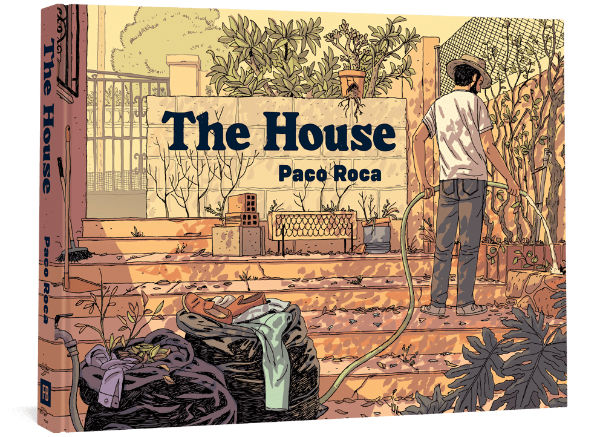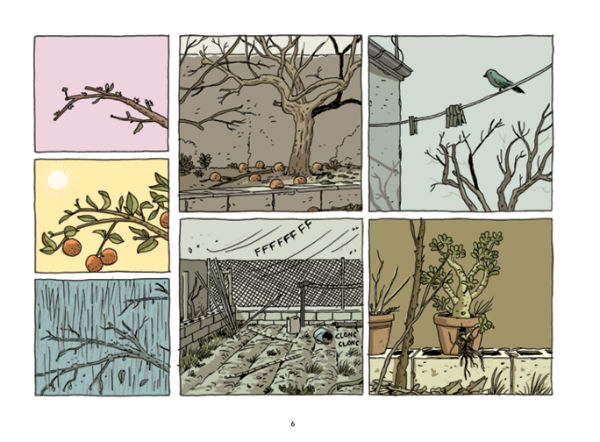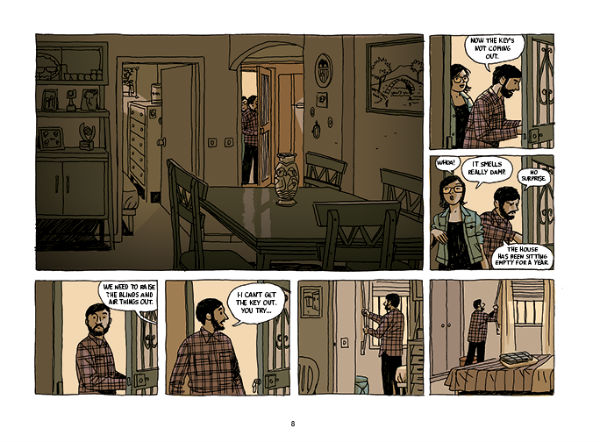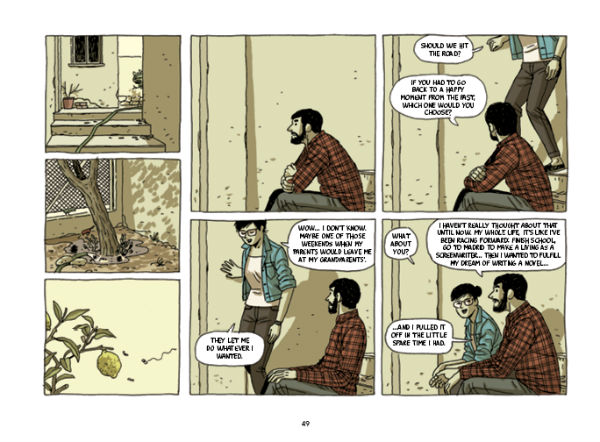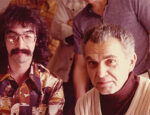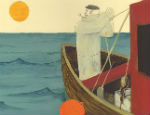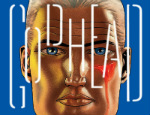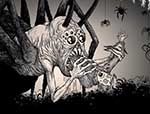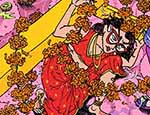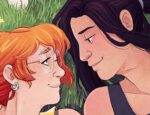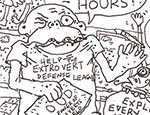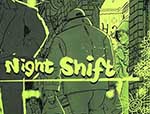A few years back Paco Roca’s graphic novel Wrinkles was understandably acclaimed for its bittersweet portrayal of later life. It would go on to become an animated film, with voice acting in its English language incarnation from Martin Sheen and Matthew Modine. Roca’s latest offering The House, published by Fantagraphics, is a similarly very human drama, exploring the relationships between three siblings who are reunited a year after the death of their father to clear out his house in preparation for selling it.
Brothers and sister Jose, Vicente and Carla, and their various partners and offspring, face one of the most unwelcome rites of passage as they gather together for one final meeting at their father’s home, abandoned for some months since his passing. There in the confines of the small and eccentrically put-together house they share memories, reminisce and confront the ghosts of the past. Between them they build up a picture of their recently deceased parent’s life over the decades, as we are presented with the multiple facets of his character: the complexities, the myths, the realities, and the many different things he was to those around him. Through all of this Roca gently encourages us to accept us the contradictory truths inherent in them all.
Echoes of the past are of course everywhere around the siblings; something Roca underlines by allowing his flashback sequences to weave unannounced into the narrative, slipping in and out of the present with a casual but non-intrusive frequency. While their father is long gone his presence is all-pervading, from the remembrances of neighbours to the shabbily built pergola constructed with the aim of bringing the family together years before.
The House has a quiet intensity to it. It’s not overt in delivery, instead allowing the reader to interact with characters and themes with a subtler relationship with the page; one that is both nuanced and profound. We experience the characters’ own perceptions of their father from an immediate first hand perspective but also observe their own failings, misunderstandings and the intricacies of their interrelationships with him. Drama comes not just from the claustrophobic environs and tense atmosphere but also from the characters’ own interpretations of each others’ paternal connections. Here, resentment provokes adversarial tension with long suppressed bitterness finally coming to the fore.
In that regard The House juxtaposes a sedate and gentle pacing with the harsher and brooding undercurrents that drive the story onwards. Roca uses an autumnal colour palette that neatly mirrors the themes of the book and his landscape pages are exploited to their fullest potential in exploring the physical dimensions of the location. Occasional jumps into symbolism underscore key plot points with resonance, and page constuction is cleverly presented to build up a sense of time or emotional impact, with only rare lapses into non-intuitive panel-to-panel layouts.
What is almost savage here in its understatement is the manner in which we come away from the story knowing more about their father’s state of mind in those final days than the main characters themselves. There’s an obliviousness in them to key narrative revelations that is devastating in its unspoken candour; one that lingers despite the ideas of acceptance, reconciliation and responsibility that also emerge. An open-ended finale that is quite beautiful in its lack of clear resolution also reflects the past with a knowing nod in the reader’s direction.
The House remains a study of the complex relationships of family and the ties that bind from a storyteller whose powerful depiction of human frailties is both haunting and ever recognisable. It’s uncomfortably familiar, occasionally painful, and undoubtedly one of the standout comics offerings of 2019.
Paco Roca (W), Andrea Rosenberg (T) • Fantagraphics Books, $19.99
Review by Andy Oliver





